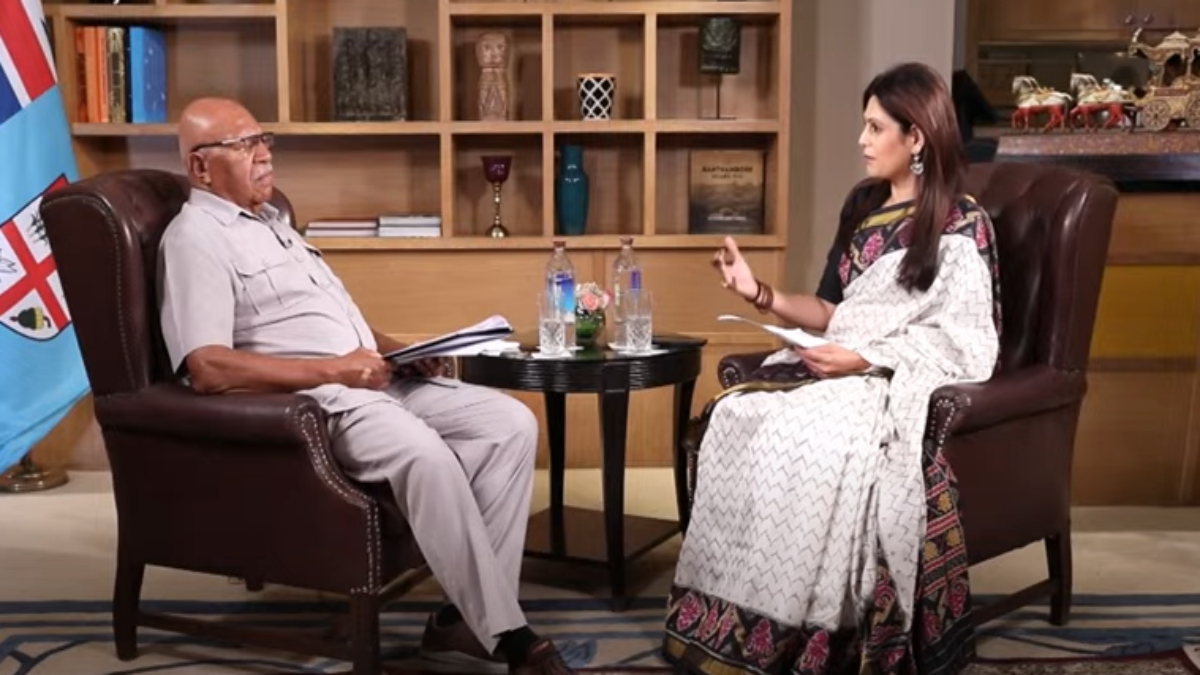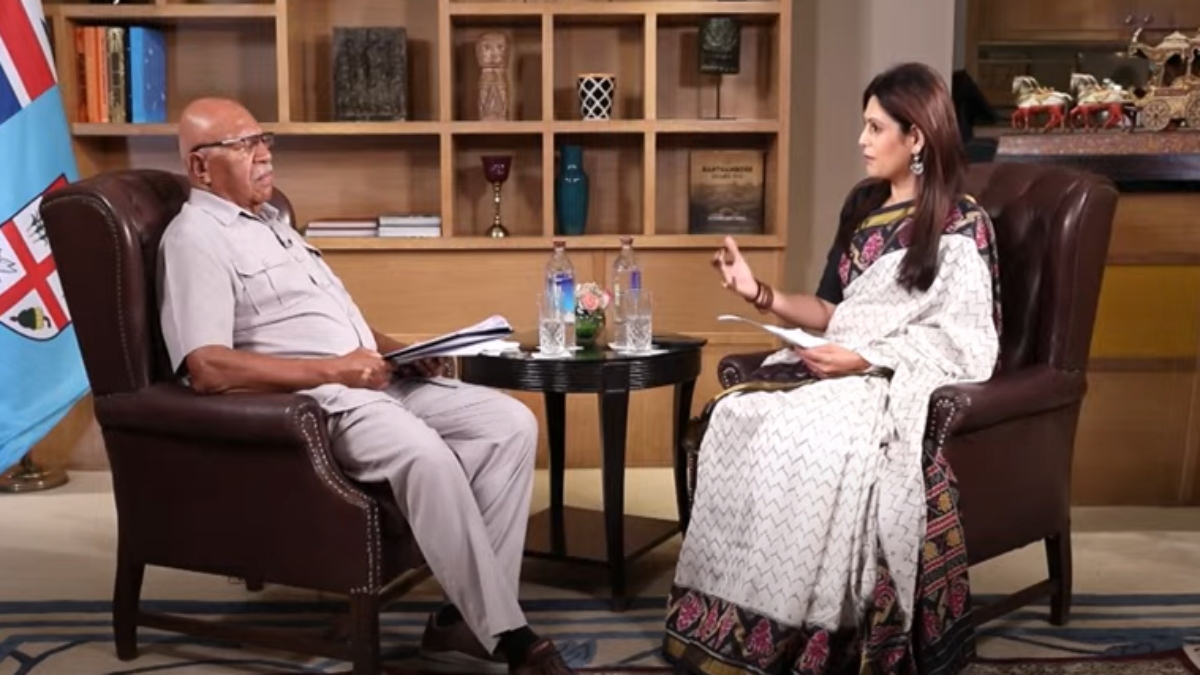The Calcutta High Court on Monday criticized the misuse of Section 498A of the Indian Penal Code (IPC), which deals with cruelty against women by their husbands or relatives. Justice Subhendu Samanta, presiding as the single judge, emphasized that although Section 498A was initially introduced to safeguard women’s rights, it has now become a tool for filing false cases. The purpose behind enacting Section 498A was to combat the problem of dowry in society. However, the court has observed that this provision is now being misused, leading to what can be described as a form of “legal terrorism.” Justice Samanta highlighted that allegations of harassment and torture, as defined in Section 498A, cannot be solely based on the statement of the complainant (wife). The court stressed that a complainant can indeed file a criminal complaint, but it must be substantiated with strong evidence. The case before the court involved a man and his family members who were facing criminal charges under Section 498A, brought against them by the man’s estranged wife in October and December 2017. The wife’s first complaint, filed in October 2017, accused the husband of subjecting her to both mental and physical cruelty. The police, subsequently, gathered statements from witnesses and neighbors of the couple. However, it was noted that the accusations against the husband were vague and lacked specific details. In December 2017, the wife lodged another complaint, this time implicating the husband’s family members. She alleged that they had subjected her to mental and physical torture. The court, however, observed that no substantial evidence had been presented to establish the guilt of the accused family members. The court noted that the husband and wife had been living in separate apartments from his family members since their marriage. It stressed that the accusations made by the wife were solely based on her version of events and lacked supporting documents or medical evidence. Justice Samanta expressed the view that the ongoing criminal proceedings against the husband and his parents lacked a genuine basis and seemed to be driven by personal grievances. Consequently, the court decided to exercise its inherent power to quash the proceedings, as allowing them to continue would be an abuse of the court’s process. With these considerations, the court quashed the case against the accused parties.
Justice Samanta highlighted that allegations of harassment and torture, as defined in Section 498A, cannot be solely based on the statement of the complainant (wife)
Advertisement
End of Article


)
)
)
)
)
)
)
)
)



